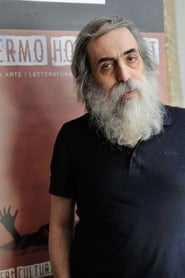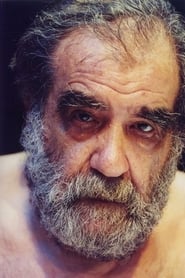

Apocalypsever - Franco Maresco(2020)
Movie: Apocalypsever - Franco Maresco
Top 3 Billed Cast

Apocalypsever - Franco Maresco
HomePage
Overview
Release Date
2020-11-26
Average
0
Rating:
0.0 startsTagline
Genres
Languages:
ItalianoKeywords
Similar Movies
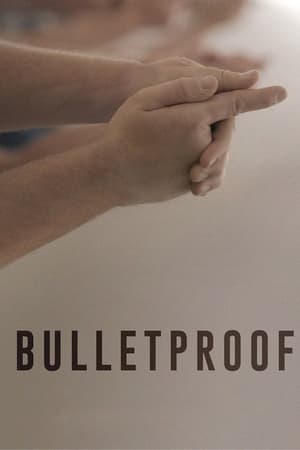 8.0
8.0Bulletproof(en)
"Bulletproof" observes the age-old rituals that take place daily in American schools: homecoming parades, basketball practice, morning announcements, and math class. Unfolding alongside these scenes are an array of newer traditions: lockdown drills, teacher firearm trainings, metal detector inspections, and school safety trade shows. This documentary weaves together these moments in a cinematic meditation on fear, violence, and the meaning of safety, bringing viewers into intimate proximity with the people self-tasked with protecting the nation's children while generating revenue along the way, as well as with those most deeply impacted by these heightened security measures: students and teachers.
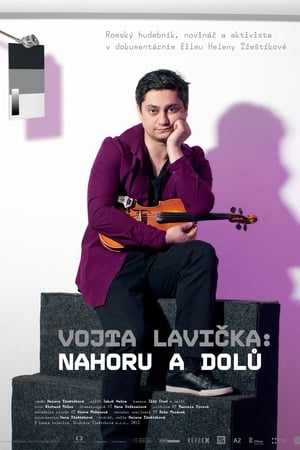 0.0
0.0Vojta Lavička: Ups and Downs(cs)
Longitudinal documentary film was shot for past 16 years and the main protagonist is Roman musician and activist Vojta Lavička. Vojta is a master in violin play, who focuses not only on music but also deals with problems of his origin Roman nationality. Vojta is very active in media - he worked in the national radio and television, he worked in the NGO that organize street work for Roman ghettos around the Czech republic, Vojta worked also as a social worker. All together we can watch him struggling with the main topic of his life - his national minority and problems that are caused by living next to Czech majority. Aside this topic films discovers Vojta's private life and his fight for being a good musician and a good man.
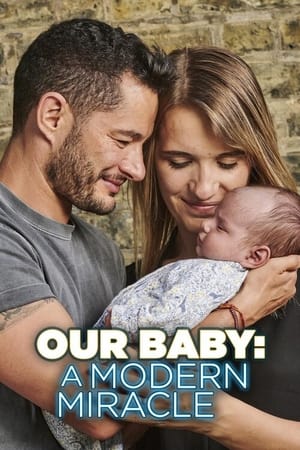 0.0
0.0Our Baby: A Modern Miracle(en)
What's it like starting a family when you're both transgender? This intimate film follows Hannah and Jake Graf on a journey through prejudice and surrogacy to birth during lockdown.
De caballos y guitarras(es)
A musical, and also a reflection on watching, on trying to escape an anthropocentric gaze and also on watching itself in cinema. Featuring mares and horses: Triana, Víctor K, Bambi Sailor, San Special Solano, Buck Red Skin, Onkaia, Cool Boy, the donkey Agostino, the mule Guapa. And also Alfredo Lagos, Raül Refree, María Marín, Pepe Habichuela, Virgina García del Pino, María García Ruiz, Pilar Monsell, María Pérez Sanz.
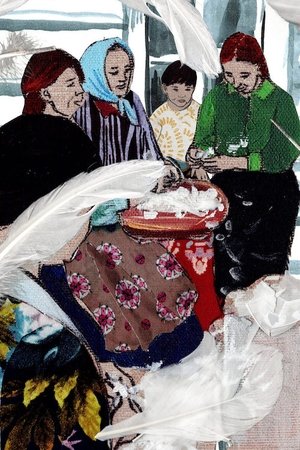 0.0
0.0Noncia(de)
The animated short film tells the moving story of the resistance and bravery of Alfreda Noncia Markowska, a young Roma woman from Poland who saved the lives of around fifty children and young adults during the Second World War.
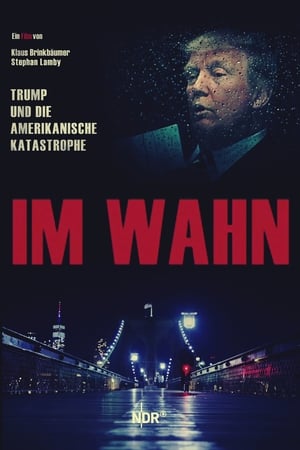 5.5
5.5In Delusion: Trump and the American Catastrophe(de)
In 2020, the USA experienced a multiple catastrophe: No other country in the world was hit so badly by the coronavirus pandemic, the economic slump was dramatic, and so was the rise in unemployment. A rift ran through society. In the streets there were protests of both camps with violent riots, authoritarian traits were evident in the actions of the leader of the nation. And all of this in the middle of the election year, when the self-centered president fought vehemently for his re-election. From the start of his presidency, Donald Trump had divided American society, incited individual sections of the population against one another, fueled racism, hatred, xenophobia and prejudice, insulted competitors and denigrated critical journalists as enemies of the people. The documentary shows how this could happen and what role the targeted disinformation of certain sections of the population through manipulative media played.
Miri fajta(cs)
The central figure of the documentary is Robin Stria, an amateur filmmaker who is trying to create the first Roma sitcom in the Czech Republic. Its title - Miri Fajta - means My Family in Romani, and the Romani creator wants to tell a story about Romani using Romani actors. At the same time, it offers him the opportunity to think more deeply about his identity and show it at a time when the issue of self-awareness is also a problem of representation, because Roma creators are scarce.
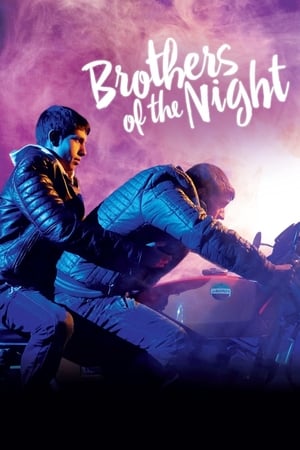 5.3
5.3Brothers of the Night(de)
Soft boys by day, kings by night. The film follows a group of young Bulgarian Roma who come to Vienna looking for freedom and a quick buck. They sell their bodies as if that's all they had. What comforts them, so far from home, is the feeling of being together. But the nights are long and unpredictable.
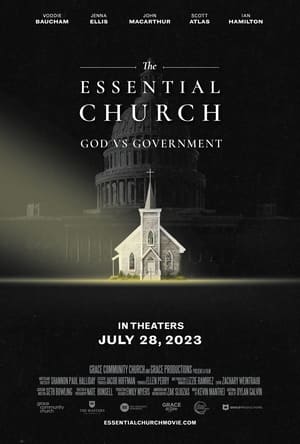 7.2
7.2The Essential Church(en)
When governments use Covid emergency act edicts to restrict the gathering and worship of the Church, three pastors facing the risk of imprisonment, unlimited fines, and their own Churches splitting apart take a courageous stand and re-open in the face of a world that has chosen to comply.
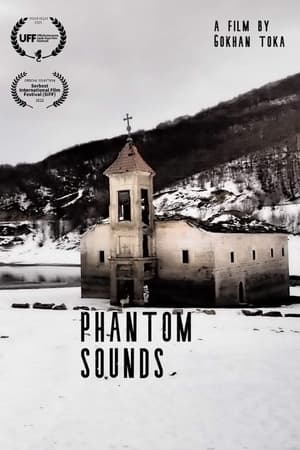 0.0
0.0Phantom Sounds(en)
Short film about Tinnitus & its impact on human psychology, through the personal experience of director, who also suffers from it
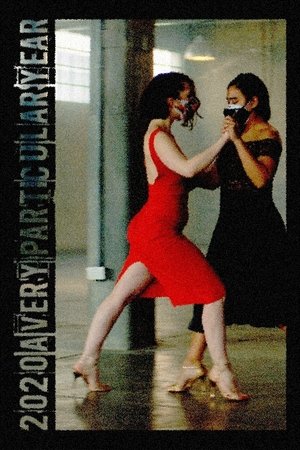 8.0
8.02020: A Very Particular Year(de)
At the beginning of the year 2020, a relentless plague sweeps the planet and, as a consequence, a global lockdown is gradually decreed: how did people from very different latitudes, living necessarily very different situations, experience this shared solitude? How did people adapt to the restriction by decree of their personal freedoms and the transformation of many bustling metropolises into ghost cities?
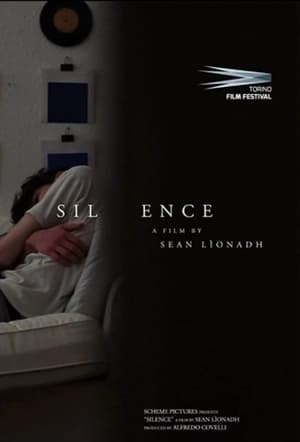 0.0
0.0Silence(en)
In lockdown isolation, a young man decides to stay in contact with the outside world through the vocal messages of his friends and lovers. But those voices, which initially seemed to fill the silence and keep him company, become increasingly full of suffering.
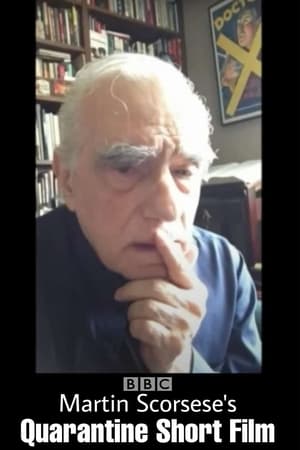 7.2
7.2Martin Scorsese's Quarantine Short Film(en)
Director Martin Scorsese talks about life in isolation.
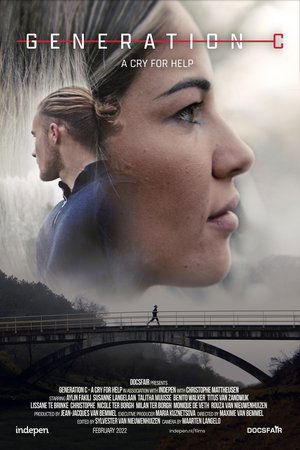 0.0
0.0Generation C(nl)
Due to the measures taken by the government, students have fewer and fewer prospects for a meaningful future. Life is on pause and society is kept in fear. The confidence in a bright future is gone. Even after 18 months, there is still no light at the end of the tunnel. The many promises have not yet changed this situation. In this moving documentary, young people give an idea of the impact of the measures on their lives. Is there still hope or has the damage already been done?
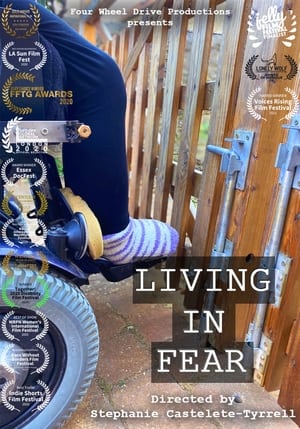 0.0
0.0Living in Fear(en)
Filmed and edited entirely in isolation, Living in Fear is an educational and inspiring documentary directed by myself, Stephanie Castelete-Tyrrell, a disabled filmmaker as I capture the fears and struggles disabled people faced before the government implemented the lockdown on the 23rd March 2020. Thousands of people with disabilities were left in the dark and had to make the call weeks before to lockdown as it was inevitable that we would die if we caught the virus. Food was impossible to access because we couldn't go out or get delivery slots, and even if we did panic buyers made it impossible to get the items we desperately needed. We were truly isolated, unable to have family and friends visit. Having carers coming in and out of the house was risky and many disabled people felt that having basic care was putting their lives at risk.
 0.0
0.0As This Happens(es)
Twelve Mexicans, scattered across different cities worldwide, capture their personal experiences during the early days of the 2020 pandemic lockdown. With only the resources at hand, they document their daily lives, reflecting the uncertainty, confusion, and anxiety that marked this unprecedented moment in history. From the relative comfort of isolation at home to the vulnerability of those at risk of losing their jobs or fighting the virus on the front lines.
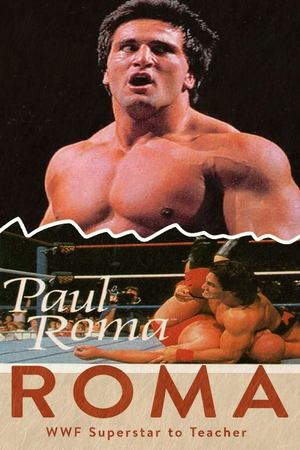 10.0
10.0Roma WWF Superstar to Teacher: A Mini Documentary(en)
Watch the inspiring story of Paul Roma, a former WWF wrestler turned teacher, as he shares not only wrestling techniques but also valuable life lessons with his students…
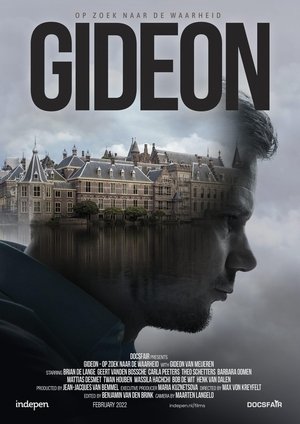 0.0
0.0Gideon: Searching for truth(nl)
'Gideon: Searching for the truth' takes the viewer with Van Meijeren on his quest for answers to questions about the current global health crisis. Questions that are common among the population, but to which he, and therefore the people in the country, do not get an answer in the Dutch House of Representatives. A place where Van Meijeren says he often feels like 'crying in the desert'. Where he gets no answers to his 'justifiably pressing' questions. Where instead he is invariably framed and judged by form, which makes any form of democratic debate impossible in advance.
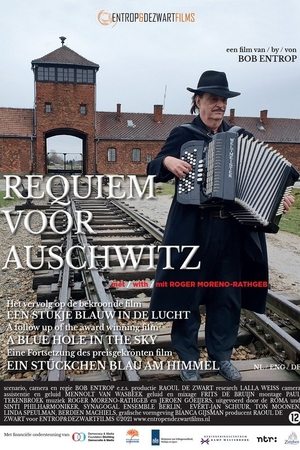 0.0
0.0Requiem for Auschwitz - the film(nl)
13 years ago, director Bob Entrop made the film A piece of blue in the sky, the first film in the Netherlands that depicted the murder of almost 1 million Sinti and Roma during the Second World War. There is a taboo on what happened during the war, you don't talk about it with anyone and certainly not in front of a camera. Requiem for Auschwitz is a sequel, with the most valuable moments from the first film, supplemented with the grandchildren and the creation and performance of the 'Requiem for Auschwitz' by Sinti composer Roger Moreno Rathgeb by the Sinti and Roma Philharmonic from Frankfurt and a Jewish choir in the Berliner Dom in Berlin, during Holocaust Memorial Day. During his visit to Auschwitz in 2020 with four musicians from the Dutch Accompaniment Orchestra, Roger shows them the places that inspired him.
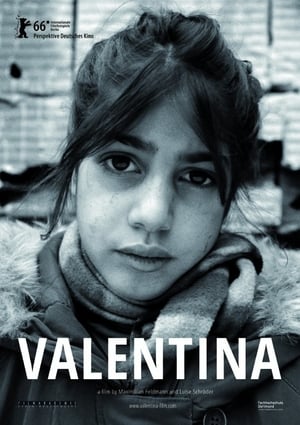 0.0
0.0Valentina(ro)
Valentina lives among her extended family in the poor quarters of a Roma neighbourhood in Skopje, Macedonia. The ten-year-old girl is a tomboy and a highly gifted storyteller. To its charismatic heroine, the film is a roaming companion. Via quirky anecdotes, surreal daydreams and painful memories, Valentina introduces us to her family.
